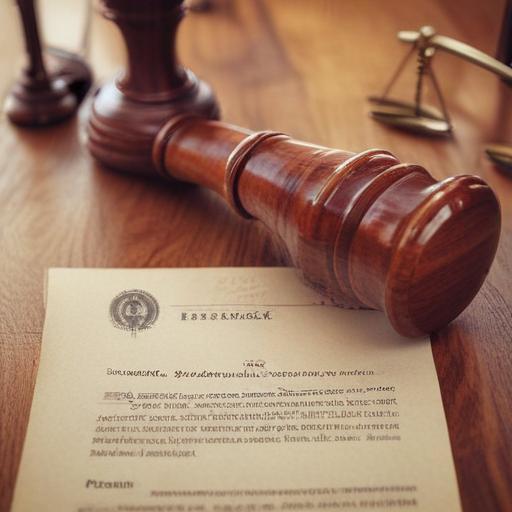Tulsi Gabbard, former Congresswoman and current director of national intelligence, has ignited controversy by calling for the prosecution of Barack Obama and several senior officials from his administration. Gabbard alleges they engaged in a “treasonous conspiracy” aimed at undermining Donald Trump’s presidential victory in 2016 by portraying his win as a result of Russian interference.
In her accusations, Gabbard claims that Obama and his team laid the foundation for a protracted effort to overturn Trump’s presidency by fabricating intelligence reports. She specifically referenced the discredited Steele dossier, asserting that senior officials had prior knowledge of its unreliability while nonetheless using it to influence public opinion and manipulate perceptions about Russia’s involvement in the election.
Gabbard criticized the disparity between intelligence assessments provided before and after the election, noting that earlier evaluations indicated Russia was likely not attempting to interfere. Releasing documents to the Justice Department, she stated, “The information we are releasing today clearly shows there was a treasonous conspiracy in 2016 committed by officials at the highest level of our government.”
Among those she implicated are former CIA Director John Brennan, former Secretary of State John Kerry, and former National Security Adviser Susan Rice. Her remarks come as Trump faces pressure from his supporters to disclose information regarding the controversial figure Jeffrey Epstein, further situating Gabbard’s accusations in a broader political context.
Gabbard’s assertions echo similar themes from previous articles highlighting the contentious nature of the Russia investigation, which Trump has often labeled a “hoax.” In 2019, Robert Mueller’s investigation concluded that while Russia intervened in the election, there was no established coordination between the Trump campaign and Russian officials.
These latest claims from Gabbard introduce new elements into the ongoing debates surrounding the integrity of the election and the role of government officials in influencing public narratives. As Gabbard asserts the need for accountability, her call for prosecution raises critical questions about the implications such investigations may have on political trust and democracy in the United States.
Overall, while Gabbard’s comments have sparked a wave of criticism and support among various political factions, they undoubtedly aim to reignite discussions about the 2016 election, the integrity of intelligence processes, and the importance of safeguarding the democratic framework.
